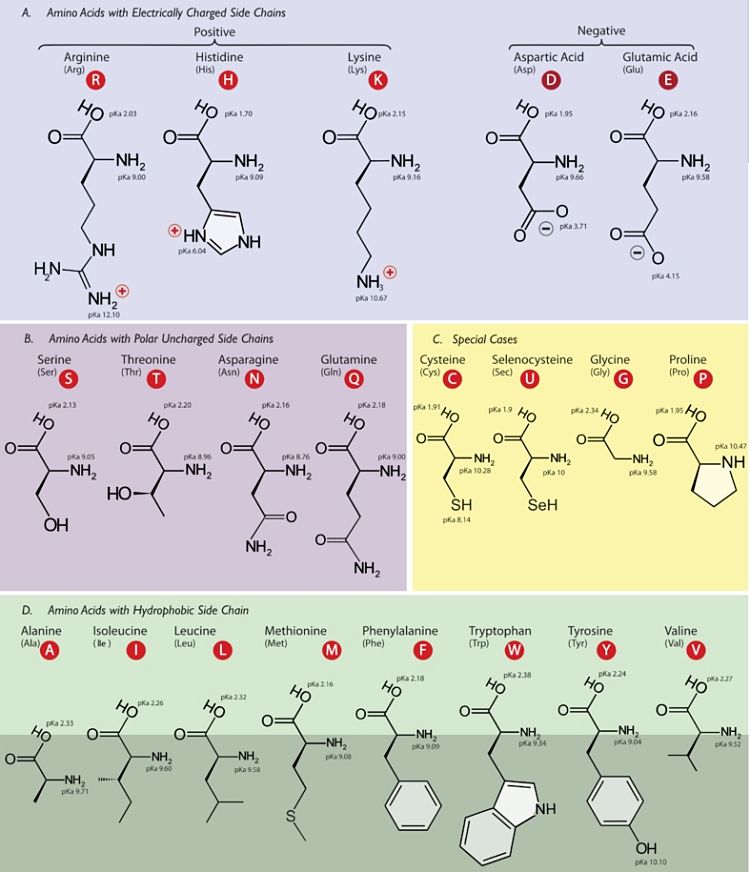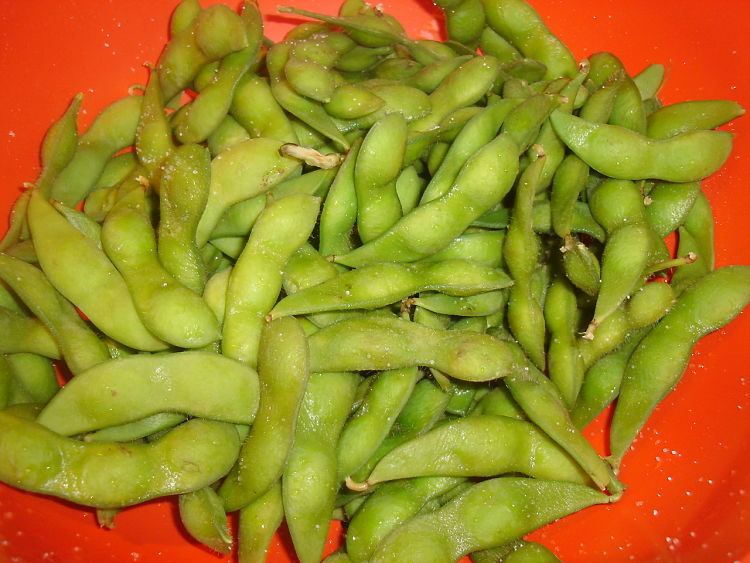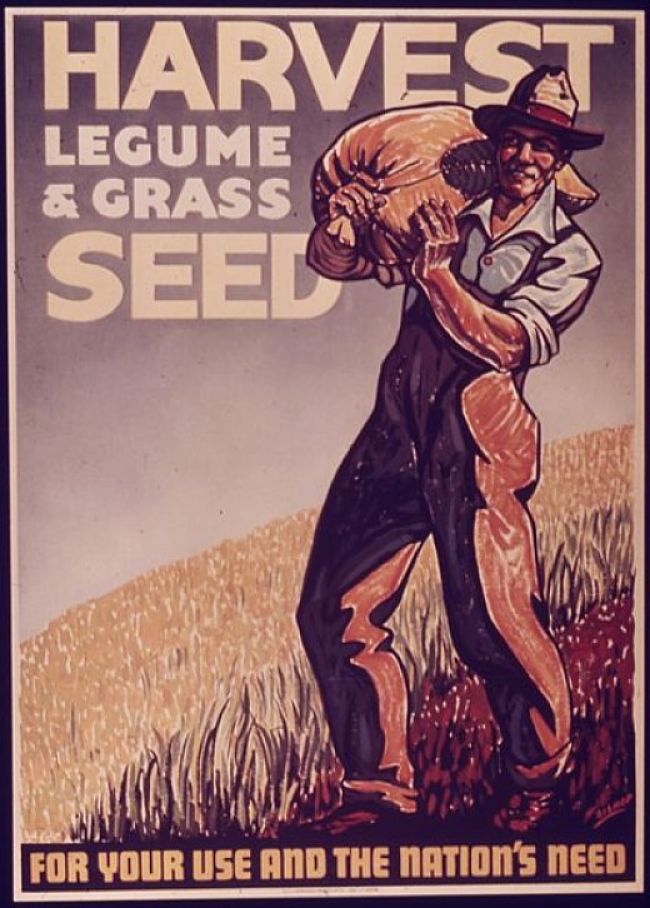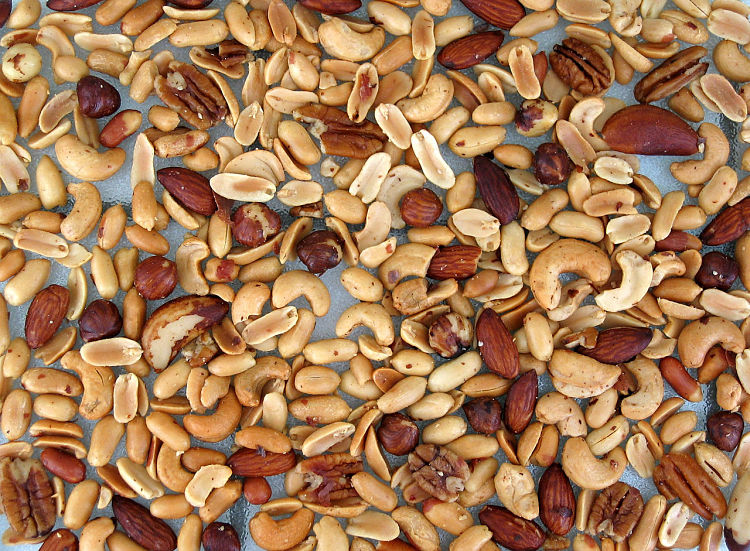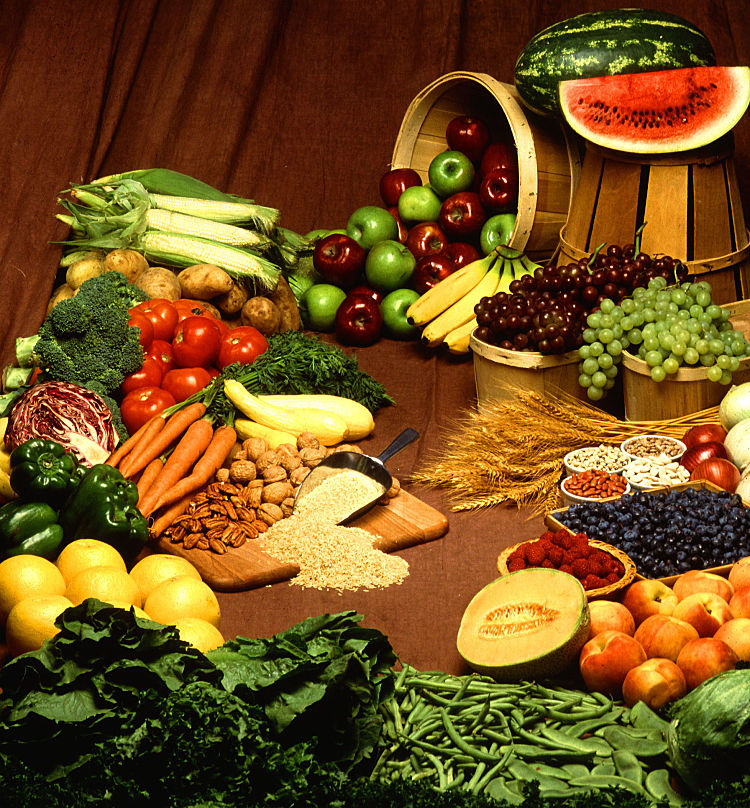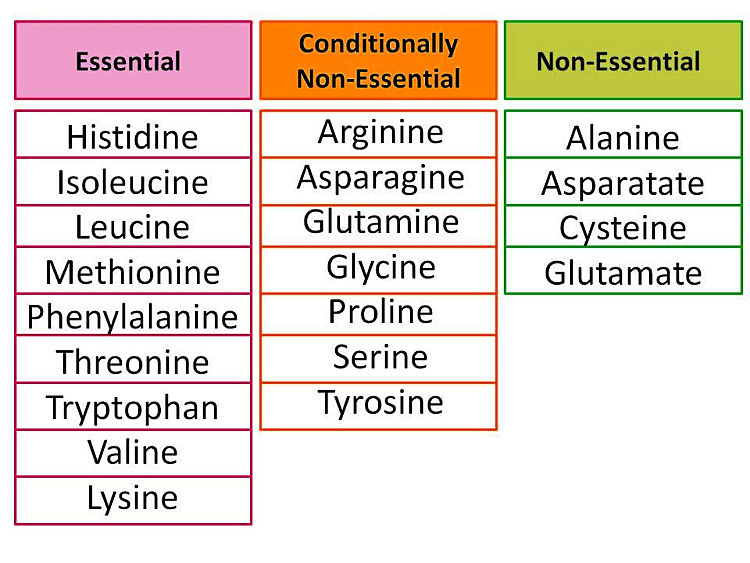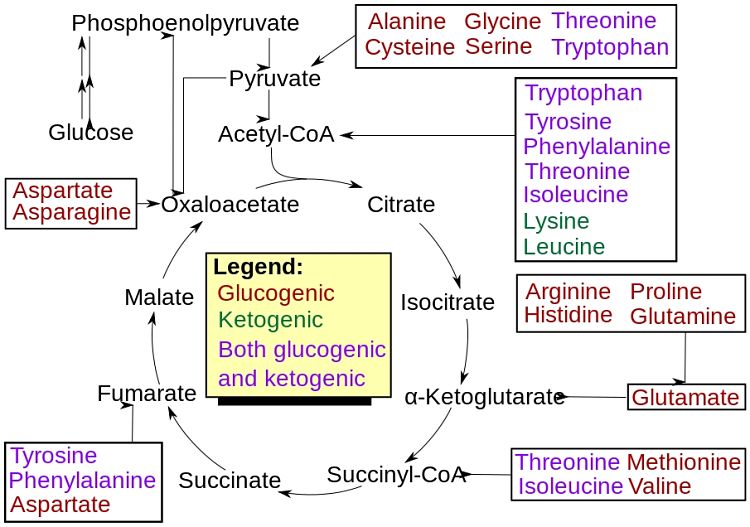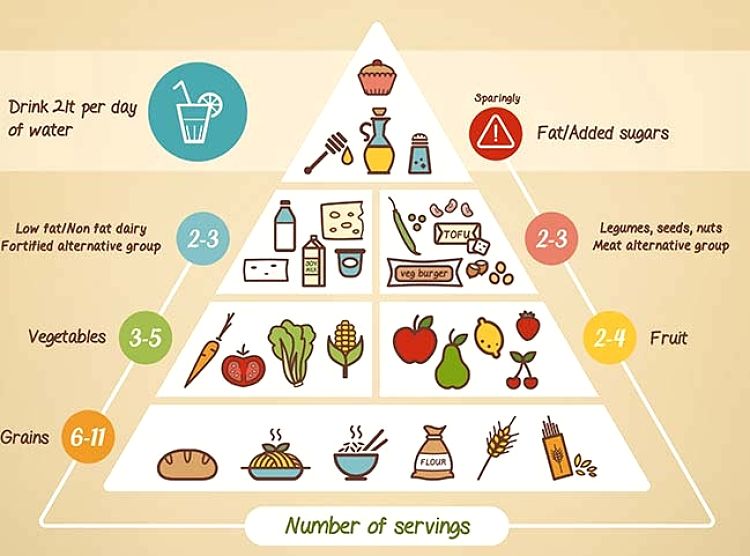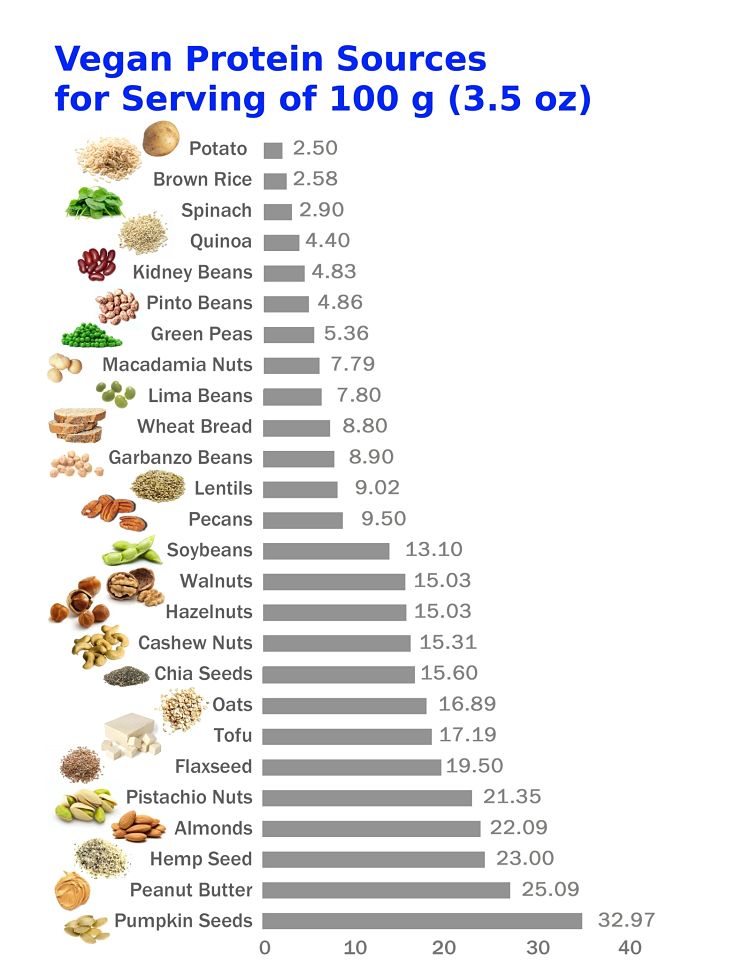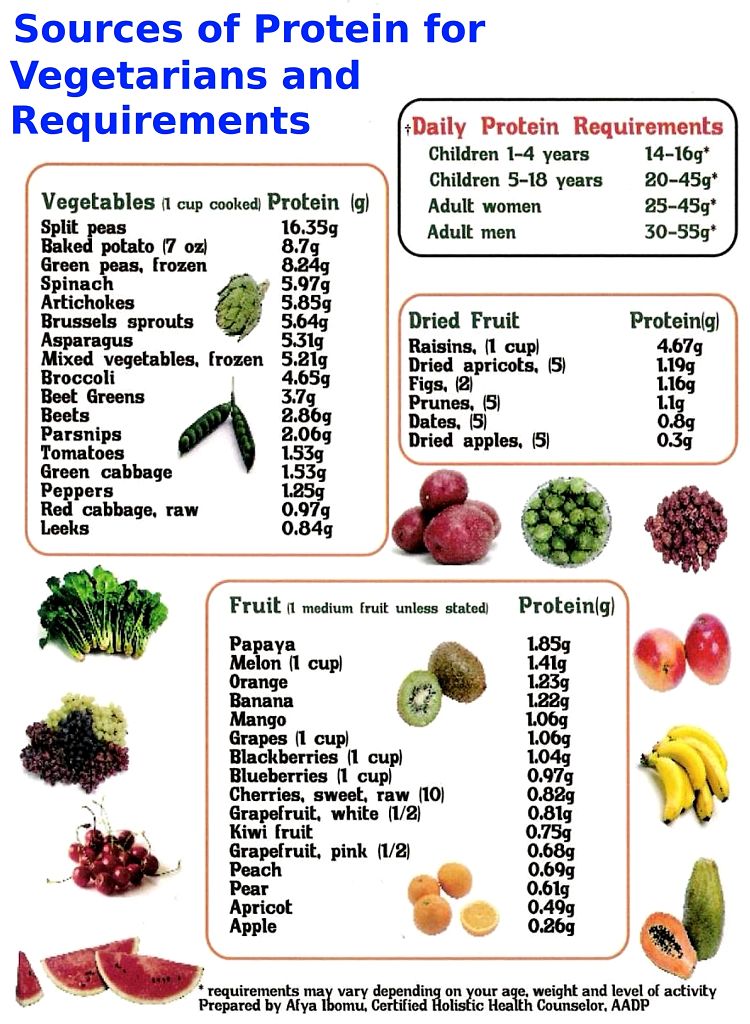Top 12 Protein and Essential Amino Acid Sources for Vegans, Vegetarians
Proteins and amino acids lie at the heart of dietary planning by vegetarians, especially vegans that eat no meat, dairy or eggs.
The human body requires 21 amino acids which are the building blocks of proteins. Of these 21, a total of nine are essential, meaning that they have to be continuously supplied in the diet as they cannot be made by the body.
The 9 essential amino acids with their average daily requirements (mg/day/62 kg adult) are valine (1600 mg), histidine(620 mg), threonine (930 mg), tryptophan (250 mg), methionine/cystine (930 mg), phenylalanine/tyrosine (1550 mg), isoleucine (1240 mg), lysine (1860 mg) and leucine (2420 mg).
Children also need dietary cysteine, arginine and tyrosine, as their young bodies cannot synthesise enough quantities while they are young.
The key to getting adequate supplies of all the essential amino acids is in one word: 'Variety'. Soy is one of very few plant sources of protein that contains all nine essential amino acids in high density (so you don't have to eat vast quantities). But grains and cereals contain virtually no lysine. On the other hand legumes such as peanuts, peas, various dry beans and lentils are good sources of lysine, but contain very little methionine, tryptophan and cystine, which are found in grains and cereals. So eating the combination of grains, soy and legumes should ensure you get adequate supplies of all nine amino acids. For single types of vegetables you can get all the essential amino acids you need from about 13 cups of cooked corn, 8 large potatoes, 2-1/2 cups of tofu or 16 cups cups of cooked brown rice But, of course, not all of the options within these groups have the same quantities of calories, fiber, total protein and various nutrients. So additional information is needed.
There many excellent sources plant protein that can be used for a balanced diet. This article provides a list of the foods with the highest concentration of protein (g) in a standard serving of 100 g. It also discusses the top 12 foods that are good sources of protein.
Foods with Highest Level of Protein (g) Per 100g Serving, and their Fiber content
Listed below are the food with the highest concentration of protein for a standard 100g serving with their fiber contents.
Soy flour ► 47.2 g Protein ; 17.4 g Fiber
Soybeans, roasted, salted ► 34.1 g Protein ; 17.5 g Fiber
Wheat germ, toasted ► 28.6 g Protein ; 15.7 g Fiber
Peanuts, oil-roasted ► 27 g Protein ; 7.3 g Fiber
Pumpkin and squash seeds, dried ► 25.7 g Protein ; 4 g Fiber
Seaweed, dried ► 25 g Protein ; 2.5 g Fiber
Peanut butter ► 25 g Protein ; 5.6 g Fiber
Wheat bran ► 25 g Protein ; 40 g Fiber
Peanuts. Roasted ► 24.3 g Protein ; 8.1 g Fiber
Beer nuts ►23.5 g Protein ; 6.5 g Fiber
Almonds, roasted ► 22.9 g Protein ; 11.7 g Fiber
Pistachios, roasted ► 22.6 g Protein ; 10.3 g Fiber
Chickpea flour ► 22.4 g Protein ; 10.6 g Fiber
Almonds, dried ► 22.2 g Protein ; 11.7 g Fiber
Soy patty ► 21.4 g Protein ; 11 g Fiber
Sunflower seeds, roasted ► 18.8 g Protein ; 9.1 g Fiber
Flaxseeds, whole and ground ► 18.2 g Protein ; 27.3 g Fiber
Oat bran, dry ► 18 g Protein ; 10.4 g Fiber
Mixed nuts, roasted ► 17.1 g Protein ; 8.9 g Fiber
Sesame butter, tahini ► 16.7 g Protein ; 9.3 g Fiber
Walnuts, dried ► 16 g Protein ; 6.8 g Fiber
Almond butter ► 15.6 g Protein ; 3.8 g Fiber
Top 12 Foods with High Protein, Good Level of Fiber and Nutrients, and Many Culinary Uses
1. Green Peas
Peas are members of the large legume family, and most varieties have high protein.
One cup of green beans has about 8 g of protein, which is the same as that in 1 cup of milk. Beans are very versatile and can be used in a wide variety of dishes.
2. Quinoa
This versatile grain, or technically a seed, contains 8 g of protein per cup. A bonus is that it contains 9 essential amino acids that are hard to find in other vegetable foods. Quinoa can be used in baked goods, added to soups, curries and salads. It can also be added to breakfast cereals and smoothies.
3. Nuts and Nut Butter
Most nuts are rich in protein, and although high in fat, the type of fat is unsaturated and less harmful for health. Nuts such as almonds, peanuts, cashews, and pistachios contain about 6g of protein per ounce (about 27 g per 100g serving).
4. Beans
Like nuts, beans come in many varieties, all of which are rich in protein. Varieties such as white, black, pinto, black-eye, kidney and many others have about 12 g per cup of beans. They can be used in a wide variety of ways after soaking them overnight.
5. Chickpeas
Chickpeas, which are also referred to as garbanzo are a genuine powerhouse of nutrients. They have low calories and high fiber and generally contain 15 g of protein per cup. They are very versatile, but require some creativity of find dishes that they can be added to.
6. Tempeh and Tofu
Soybeans are amongst the richest sources of protein and tofu and tempeh is an excellent way to enjoy their benefits. One cup of tempeh and tofu contains about 30 g of protein. Both are highly nutritious and versatile.
7. Edamame
Edamame are pure young green soybeans in their pod. Boiled edamame can be used as a side serve and the steamed pods can be added to stir-fries, pastas, snacks and even salads. One cup of edamame contains 17g of protein per cup.
8. Leafy Green Vegetables
Green vegetables such as spinach and broccoli are a bit of a surprise packet as their protein contents are higher than expected. Not as high as nuts and legumes, but still highly significant, especially because they are rich in fiber, vitamins and antioxidants. One cup of raw spinach has about 2 g of protein and a cup of broccoli has about 8 g of protein per cup.
9. Seeds such as Pumpkin, Sunflower, Sesame and Poppy Seeds
Most seeds are extremely rich in protein per weight. While you only eat small amounts they can greatly boost the protein content of many foods. Sunflower seeds have 28g of protein per cup and poppy seeds and sesame seeds about 20g per cup.
10. Seitan and Wheat Germ
Seitan is a popular meat substitute is crafted from wheat gluten, extracted from wheat germ. It is very rich in protein with more than 36g per cup.
Wheat germ is a super food that is rich in protein with about 29g in 100g. It is high in fat and calories and so should be used sparingly.
11. Soy and Nut Milks
Soy milk has the highest concentration of protein, ranging from at 4 to 8 g per 8 ounces, depending on the variety. But almond and rice milks also contain about 1 gr of protein per cup.
12. Unsweetened Cocoa Powder
Surprisingly unsweetened cocoa powder, and chocolate itself is relatively rich in protein. One tablespoon of cocoa powder contains about 1 g of protein per tablespoon. It is the added sugar and oil that ruins cocoa's reputation as a health food.
